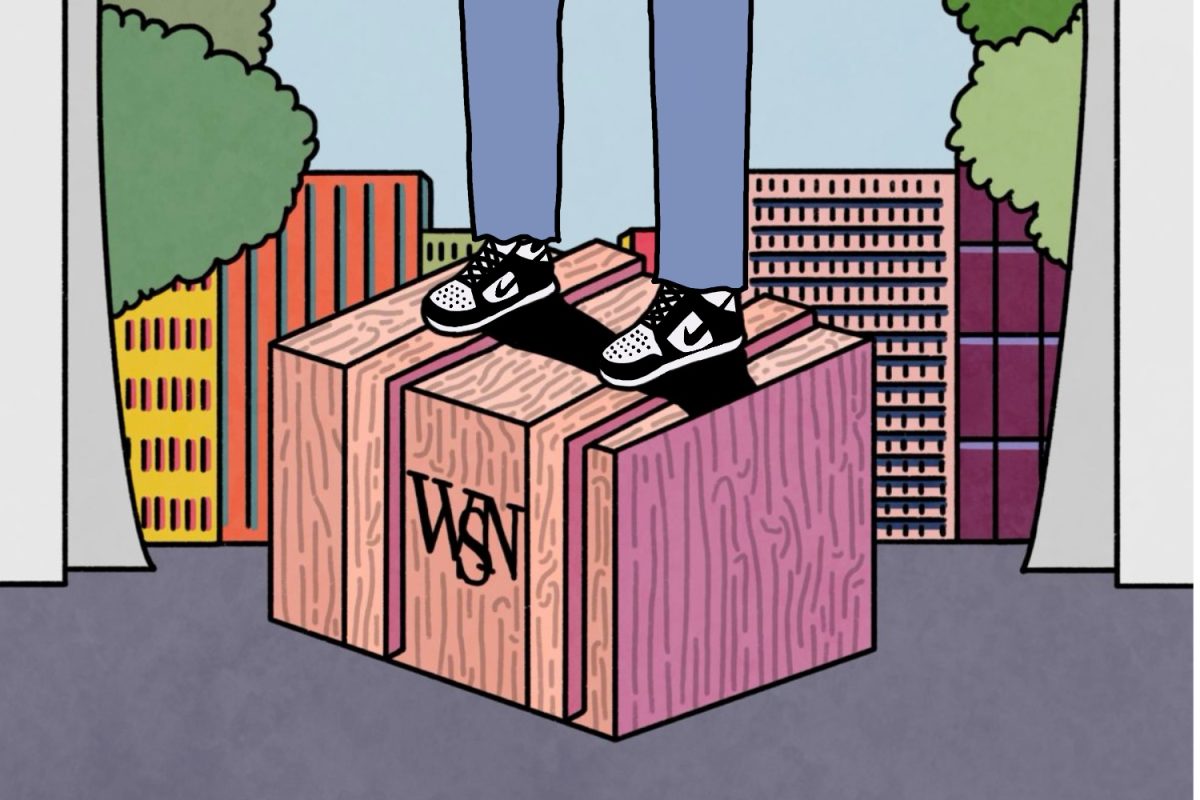In Germany, Volkswagen workers strike to resist pay cuts and plant closures
Nearly 100,000 Volkswagen employees across Germany joined strikes on Monday in protest of the company’s plans to close three domestic plants and cut salaries.
Volkswagen has announced the potential for thousands of job cuts and a proposed 10% wage reduction, citing the need to overhaul domestic operations to stay competitive in global markets amid a drop in demand for non-electric cars. Closures to its German factories would be the first in the company’s 87-year history.
Thorsten Gröger, the lead negotiator of IG Metall — a union representing 120,000 Volkswagen workers — accused the company of dismissing its proposed plan to save 1.5 billion euros in labor costs without resorting to layoffs. The group proposed measures such as shorter working hours and waiving executive bonuses, but Volkswagen said the plan was insufficient for long-term financial stability.
“If need be, it will be the toughest collective bargaining battle Volkswagen has ever seen,” Gröger said. “Volkswagen has set fire to our collective agreements.”
The so-called warning strikes, during which workers temporarily halt labor for a few hours, took place just one day after IG Metall’s agreement to not stage walkouts officially ended. The tactic is relatively common in German wage negotiation agreements, as a signal of intent to more seriously strike in the future.
In occupied Palestine, the UN suspends aid delivery to millions
The United Nations Relief and Works Agency has suspended humanitarian aid delivered through its main crossing into Gaza after armed gangs looted convoys.
UNRWA Commissioner-General Philippe Lazzarini cited growing security concerns, describing a “ breakdown of law and order” near the Kerem Shalom crossing. In one incident, masked men held drivers at gunpoint while stealing a variety of items, and workers have alleged that armed groups operate openly near the Israel-Gaza border, sometimes within sight of Israeli forces. In an announcement of the closure, Lazzarini said Israel was responsible for ensuring aid was safely received.
“The delivery of humanitarian aid must never be dangerous or turn into an ordeal,” Lazzarini said. “They must ensure aid flows into Gaza safely and must refrain from attacks on humanitarian workers.”
Israel has continued to defend its aid policies, accusing the Palestinian militant group Hamas of hijacking supplies. However, international pressure has built on Israel to secure safe passage for humanitarian aid and to halt attacks on aid workers after an airstrike killed five people in November.
Kerem Shalom is the only crossing designed for cargo shipments and has supplied more than two-thirds of Gaza’s international aid since Israel blocked Rafah — the Gaza-Egypt crossing — in May. Its suspension has garnered global attention, with the United Nations warning that famine could soon take over northern Gaza. While efforts to increase aid through other crossings have been unsuccessful, international calls for a ceasefire continue
In Australia, children under 16 will face the world’s first social media ban
Australia’s parliament passed legislation to ban those under the age of 16 from social media platforms — deemed the strictest law of its kind globally — in an effort to combat online addiction, cyberbullying and mental health challenges faced by children in the country.
The legislation, set to take effect in late 2025, imposes heavy penalties on social media companies including TikTok, Instagram and Snapchat, including fines of up to 50 million Australian dollars, or $33 million, for failing to enforce the ban. These platforms are expected to introduce more rigorous age-verification systems, which may require proof of government-issued identification. Messaging and gaming platforms, as well as open-access sites like YouTube, are exempt.
Advocates for the ban argue that it’s critical for childrens’ mental health, referencing studies that link social media usage among teens to increased rates of anxiety, depression and exposure to potentially harmful content. Australian Prime Minister Anthony Albanese said the law is necessary to protect young people from addiction and cyberbullying, and polling has seen majority support from parents and caregivers.
However, the ban has faced international and domestic criticism as researchers warned that age-verification technologies, which could rely on biometric data or identification checks, could infringe on young people’s individual rights. Youth advocates have further criticized the government, saying they “need to be involved in developing solutions.” Similar bans have also been challenged on the grounds of free speech.
“Parents know their children and their needs the best, and they should be making these decisions for their families — not big government,” Paul Taske, a litigation director at a technology lobbying group, told the Associated Press. “That kind of forcible control over families inevitably will have downstream cultural impacts.”
Contact Liyana Illyas at [email protected].


























































































































































